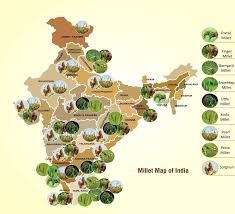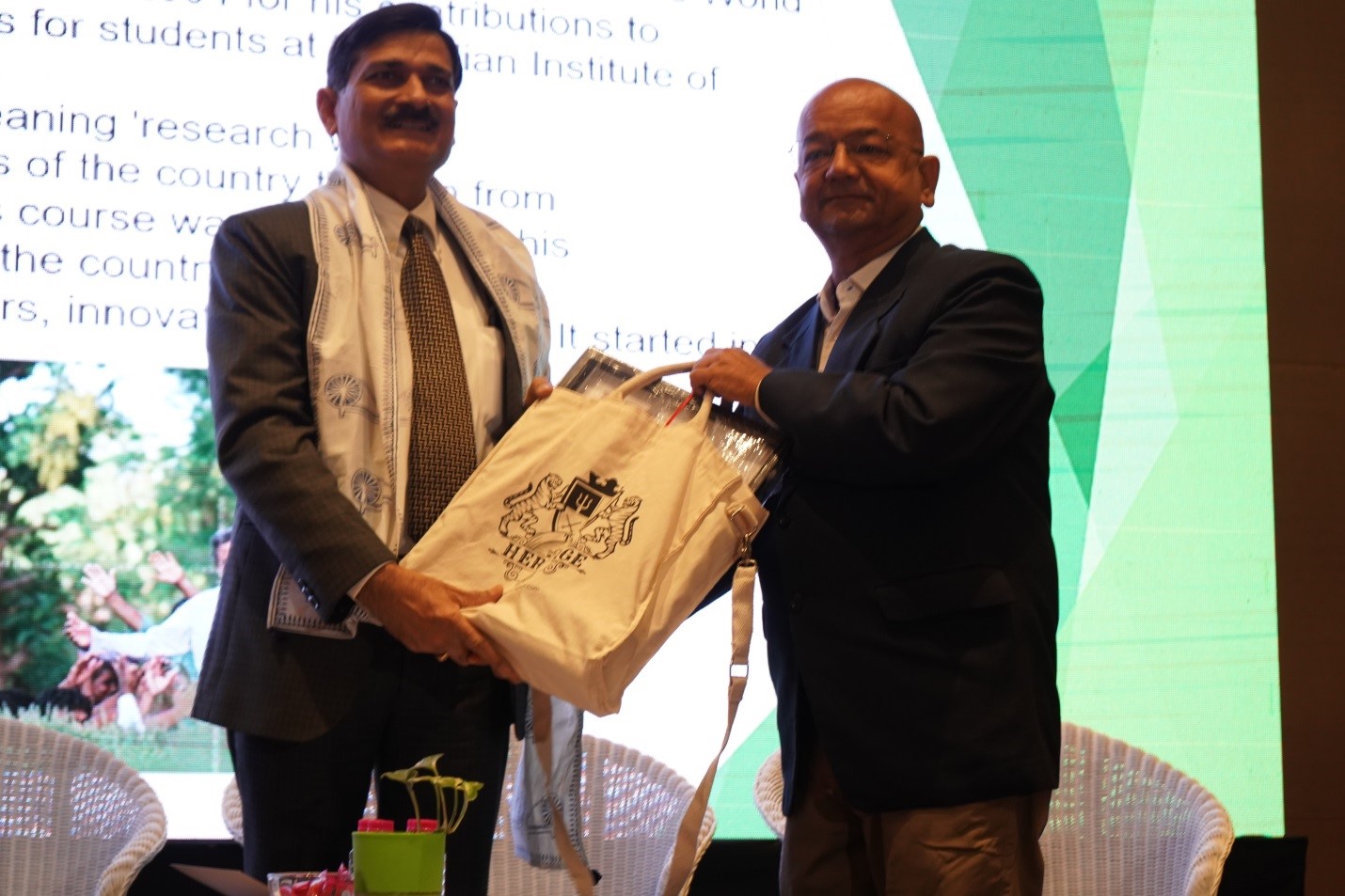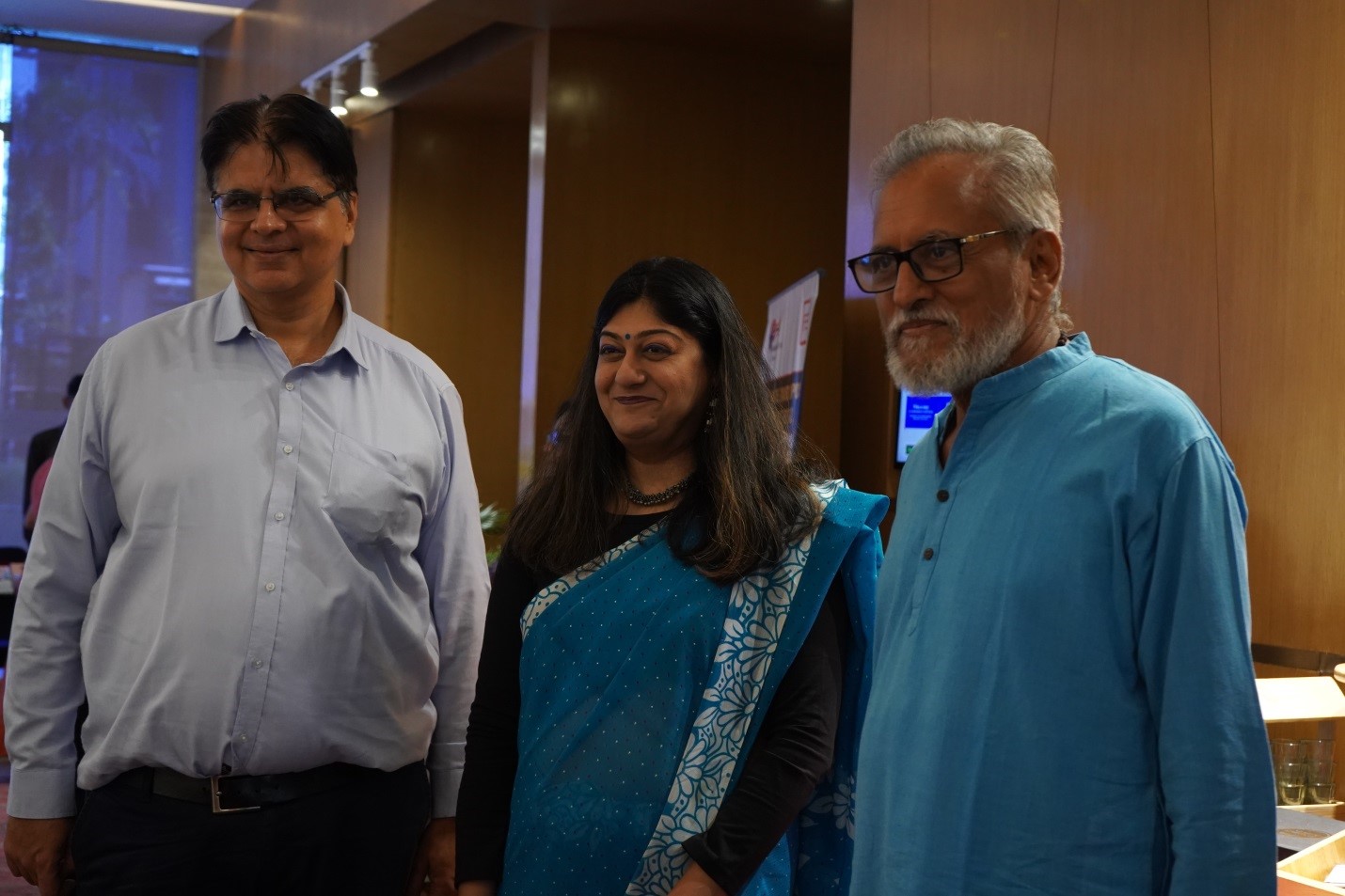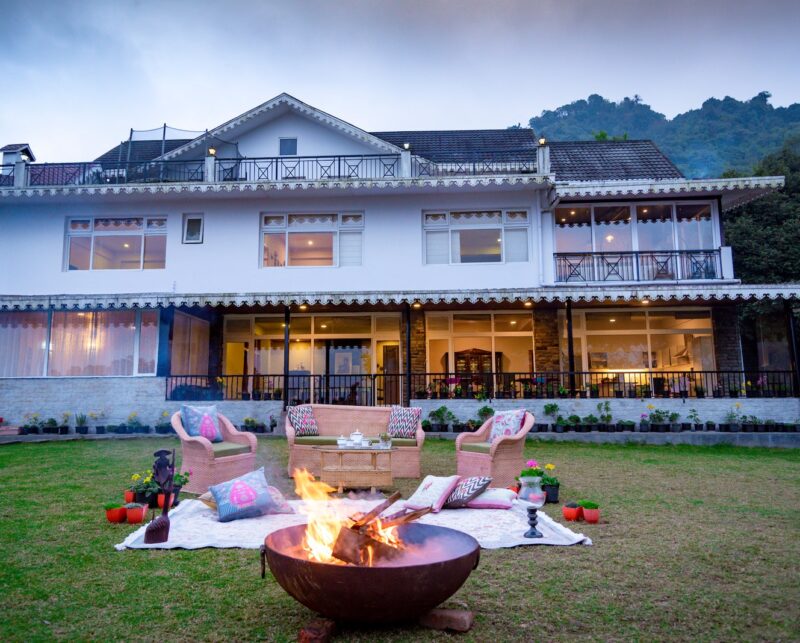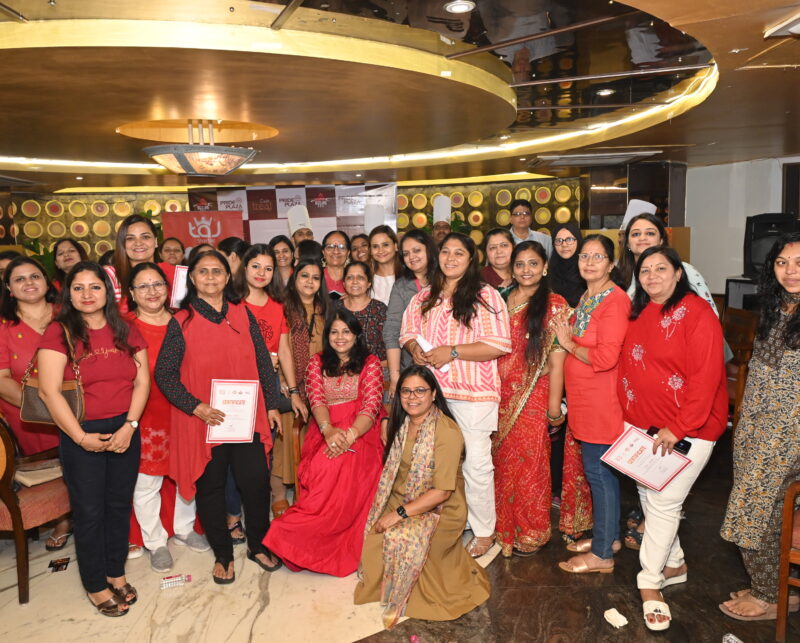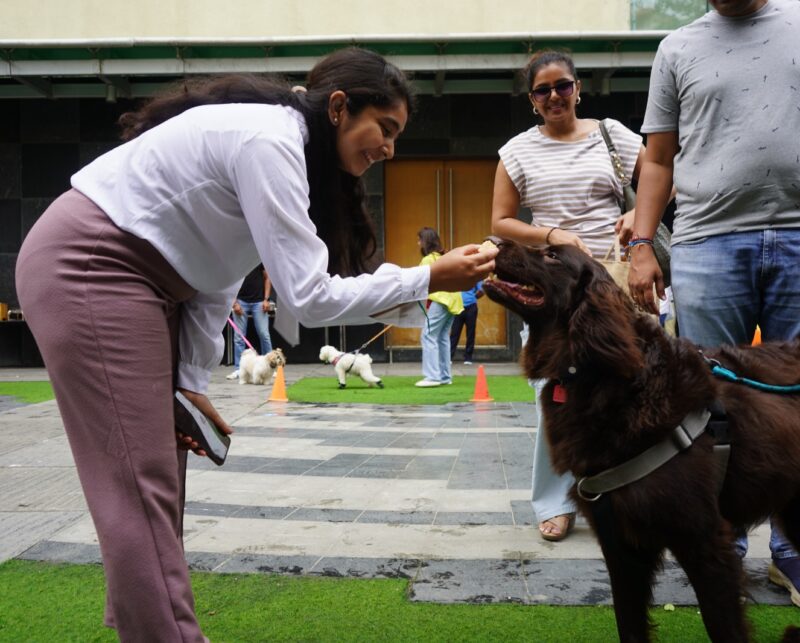Millets have served as a traditional staple for hundreds of millions of people in arid areas of Africa and Asia for 7 000 years. Millets can grow on relatively poor soils and under adverse and arid conditions, even in Sub-Saharan regions of Africa, the desert and semi-desert regions of the Indian Subcontinent, and the tribal areas of India. They need less water and fewer inputs than other cereals to grow. However, their cultivation is declining in many countries. Their potential to address climate change and food security needs to be realized.
The Sustainable Grains Symposium & Millet Festival by The American Corner (a partnership between the U.S. Consulate General Mumbai and Indo American Education Society in Ahmedabad) and Innovative Food Entrepreneurs Associates was organised on World Food Day 2022, for which the theme decided by the United Nations Food and Agriculture Organisation was Leave No One Behind: Better production, better nutrition, a better environment, and a better life with the aim of creating a sustainable world, one where everyone counts.
Millets with their ability to grow in adverse conditions and provide high levels of nutrition are among the key crops that should be promoted if we are to achieve nutrition security in India.
The event was organised at Novotel Ahmedabad on 16th October 2022, World Food Day.
The Highlights of the event:
The chief guest of the event, Padma Shri Anil Kumar Gupta (Retired professor, IIM-A) is an Indian scholar in the area of grassroots innovations who has worked with interacting with farmers, artisans, rural producers, grassroots innovators, students, etc to document traditional knowledge and innovations.
The guest of honour, Dr. Hemant Koshia is the Commissioner, Food & Drugs Control Administration, Government of Gujarat,
The symposium curator, Anil Mulchandani spoke about the prospects and challenges of millet production in Gujarat.
After the guests’ address, Charul and Vinay of Loknaad Folk sang folk songs about millets and sustainable farming from the tribal and agricultural areas.
Speakers:
Climate-resilient crops ( Harpal Chudasama, Manager (Climate Change Research) at AKRSP-India
Women Farmers: A Repository of Knowledge for Sustainable Food Grains (Avani Rawal program officer for Agroecological farming, SWISSAID)
The importance of Pearl Millet and Sorghum in arid and semi-arid areas (Tushar Pancholi, Paryavaran Vikas Kendra)
Indigenous Community, Food Security and Climate Change in line of the United Nation’s SDGs (Himanshu Banker, VIKALP)
Promoting the production & consumption of environment-friendly crops ( Shabnam Haldar, IIHM director)
Sustainable agriculture solutions ( Kalyani Sarode)
Making Millets and other sustainable grains marketable (Rajan Patel, Greenobazaar)
Millets in cooking and food products (Rachana Shah, Nutriment)
Living Healthy: The Miracle of Millets (Parul Choudhary)
The role of native grains in your diet (Dr Alka Yagnik, Naturopath)
Cooking with millets (Preeti Thakker, Cookery expert)
Millets in the household ( Hina Gautam, chef & food consultant)
The deliberations at the Symposium yielded the following suggestions:
* Millets are environmentally-friendly cereal crops. They grow with less water and even in areas with poor soil. They grow without fertilizers and pesticides.
* Millets are climate-smart and will survive global warming situations.
* Millets are important for socio-economic development of rural areas.
* Millets are grown by women farmers so important for women’s empowerment.
* Millets are nutritionally rich.
- Farmers will reduce millet farming if it doesn’t give them enough money. So it is important that people should become aware about the importance of millets and increase the consumption.
- Seed banks and research on the original seeds are imperative otherwise original millets will be replaced by hybrids which are not regenerative and less nutritious.
- Make millets mandatory for midday meals in schools and government offices. This should be backed up by ensuring their availability with the civil service department.
- Buffets at hotels should have millet-based options.
- We should encourage food influencers and chefs to share their best experiences, dishes and recipes with millets and other sustainable food ingredients.
- Promote traditional and modern recipes of millets through workshops, video channels and social media.
- Online platforms and delivery agents can popularize the consumption of millets.
- Organize events in various groups, schools, colleges, universities, industry and civil societies that promote knowledge about sustainable foods.
- FSSAI should develop standards for millets and millet-based dishes.
- Millet cooking competitions to encourage innovation in the use of millets.
- Millet Vending Machines at strategic places can ensure their availability.
- Engage hotel restaurant and catering industry in popularising millets.
- Encourage and support the print, social and electronic to promote eco-friendly food products
Get celebrities as brand ambassadors to promote sustainable food products. - Nutritionists and the medical fraternity should convey information to clients, patients and the public at large about the nutritional benefits, pros and cons of consuming different grains like millet.
- The food processing sector can create convenience-oriented products using sustainable grains.

Other Activities at the workshop
Recipe videos by Chef Pierre Thiam, best known for bringing West African cuisines and millets like fonio to the western world.
An Exhibition of millet-based and other sustainable food products.
Cooking Workshop by MTAC (City & Guilds London certified culinary School)
Dishes taught: Pearl Millet Cake, Kodo Millet Biryani, Finger Millet Cookies
Indo-American Food Competition: Make a Vegan Burger



